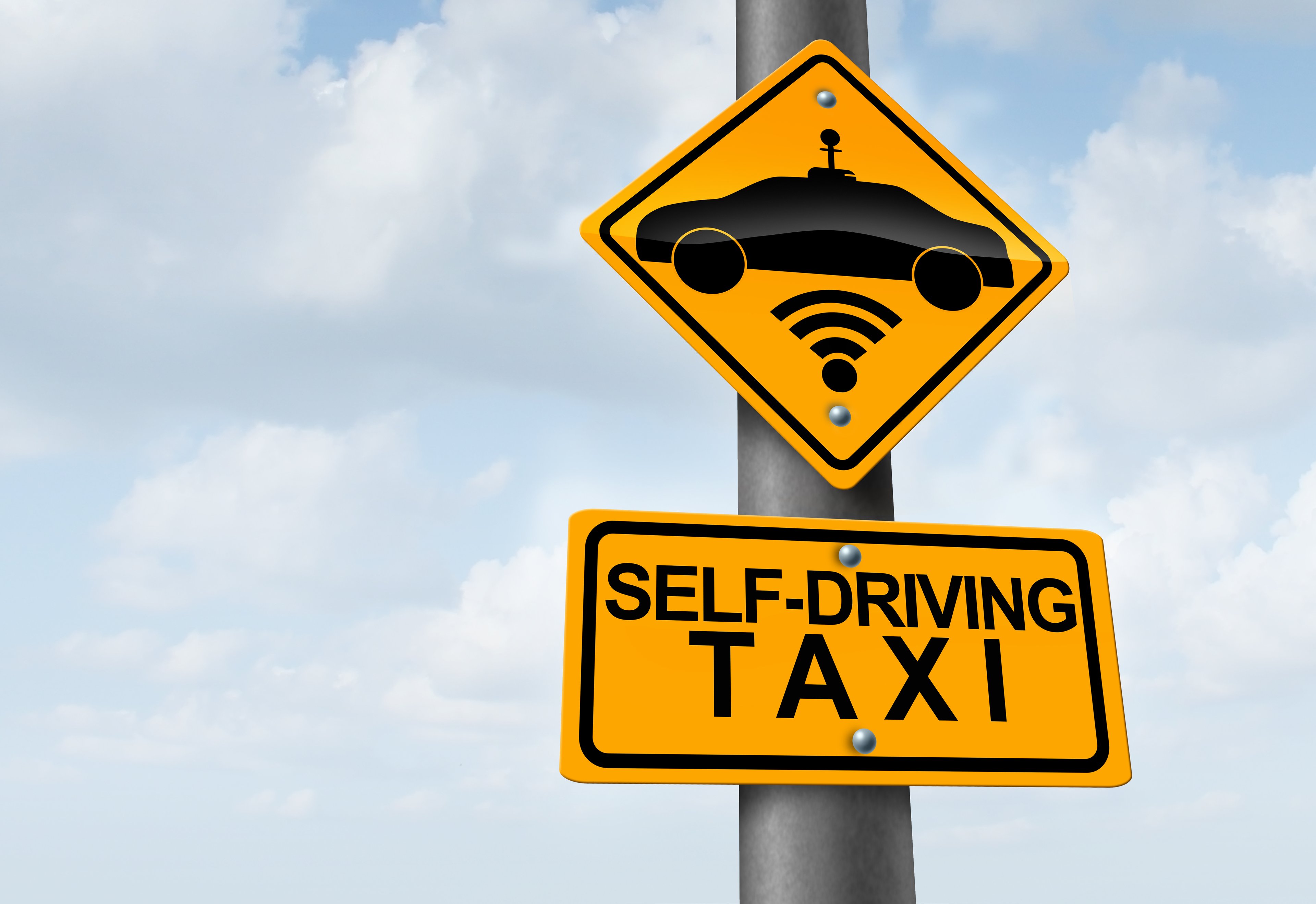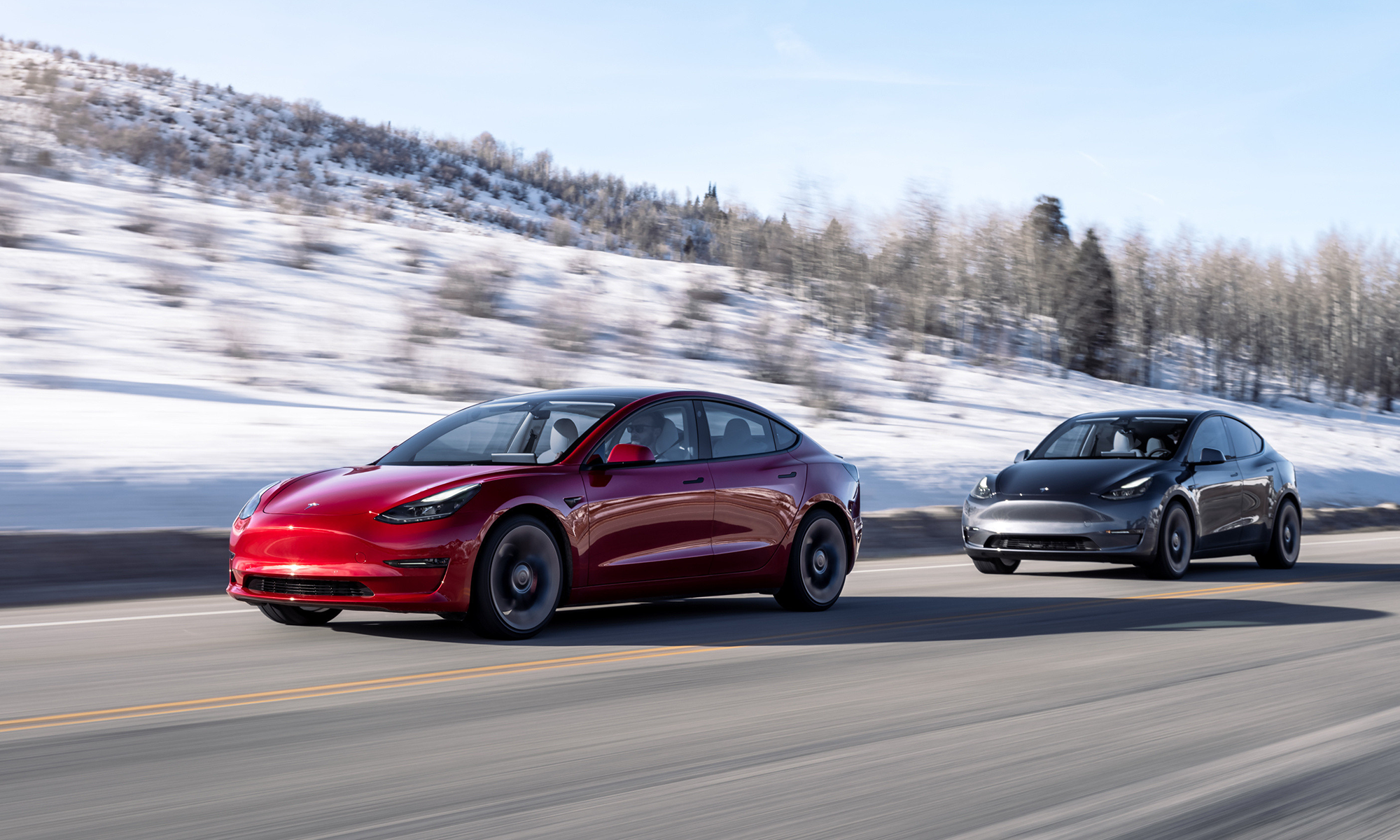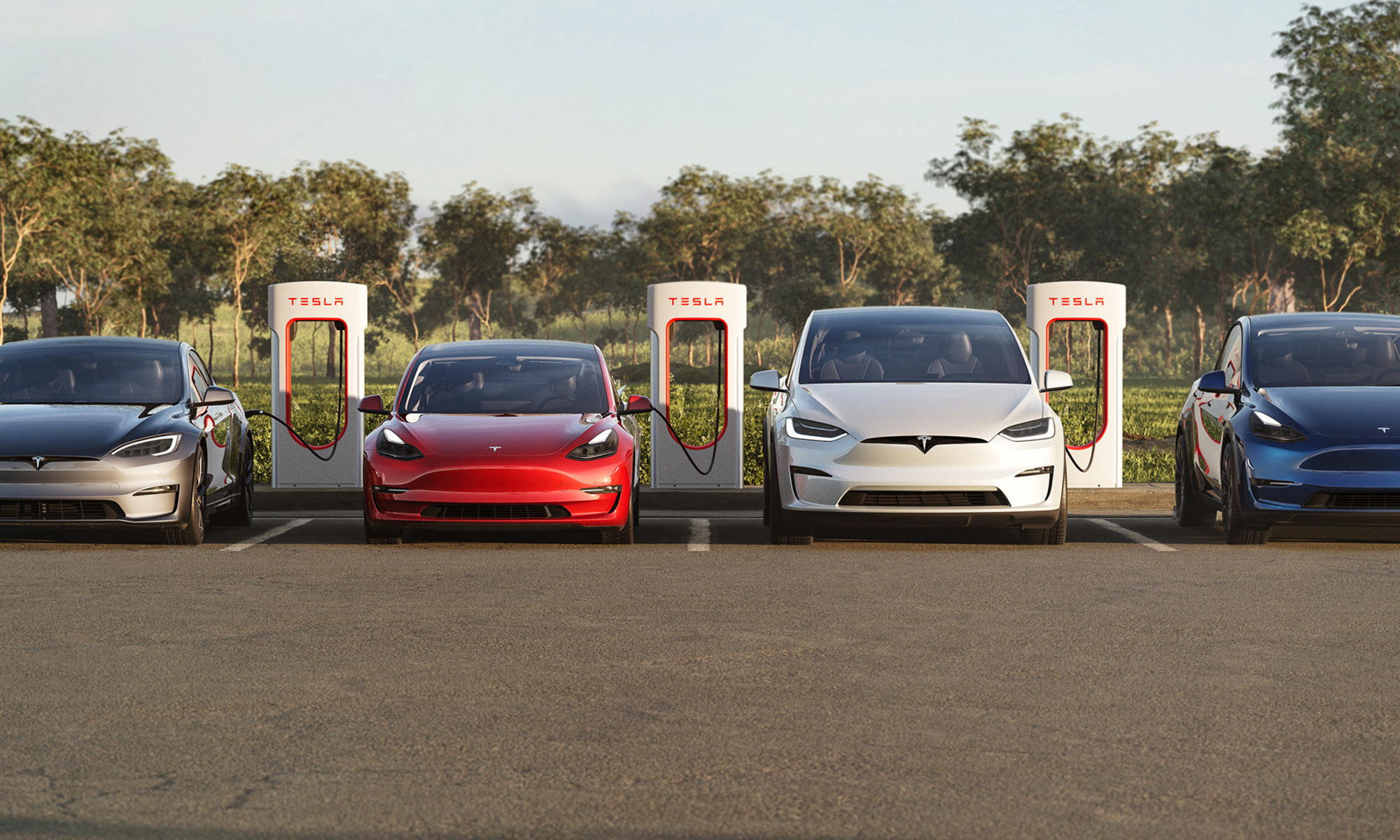There are a lot of hurdles for Tesla Motors (TSLA 3.36%), Ford (F +1.34%), Nissan, and other automakers trying to sell electric vehicles, or EVs. One of those challenges may be a lot closer to home than we realize. It may be nothing more than your garage's electric car plug-in, which probably doesn't exist.
As it stands today, not only do electric-vehicle buyers have to fork over thousands of dollars more than for buying a conventional vehicle, they must also spend at least $1,000 for an electric charger at home. Condo owners and apartment renters face a greater challenge even getting a charger installed.
At least one town is trying to eliminate the home plug-in challenge. The city of Palo Alto, Calif., is requiring new homes to come with electric vehicle chargers. The city is already a hotbed for electric vehicles, and as Tesla Motors' hometown it also has incentive to go electric.
Electric vehicles face many adoption hurdles
The home plug-in isn't the only challenge the EV industry faces, but it's one that's largely out of the industry's hands. Tesla Motors has already done a lot to dent the range anxiety electric vehicles present to new buyers. The Model S has a range up to 265 miles, enough to take a three-hour drive on the highway. Of course, Tesla is way ahead in the range game. The Nissan Leaf has an average range of 75 miles and the Ford Focus Electric has an estimated range of 76 miles, or 100 miles in the city. Expect these ranges to pick up as the industry matures.
The next big challenge is the charging infrastructure, on the road and at home. So far, the industry has focused much of its attention on the nationwide charging network. Tesla is building its own supercharger network, which will give a Model S an 80% charge in 40 minutes and a full charge in 75 minutes.
AeroVironment (AVAV 4.62%) is building some of the "West Coast Electric Highway," a network of stations that will run from the Mexican to Canadian borders along Interstate 5. Washington and Oregon selected the company to build their portions of the highway. But home charging is up to homeowners or EV buyers, adding another headache in the buying process.
Ford and Nissan are partnering with AeroVironment to offer one-day turnkey charger installation, while Tesla Motors has partnered with SolarCity, CEO Elon Musk's residential solar installer. Both are decent solutions but they reaffirm that there's work to be done even after you make the decision to buy an electric vehicle. Unless you buy a new home in Palo Alto.
Vehicle charging will be big business
The potential for a company like AeroVironment -- which has become an industry standard charger manufacturer -- is tremendous. A standard home charger costs about $1,000 and, while EVs are counted in the thousands right now, the vision is to sell them by the millions. There are about 114 million homes in the U.S., all of which could take an EV charger -- or two -- meaning a potential market north of $150 billion. That's before we get to commercial or work chargers.
Adoption is going slowly and AeroVironment generated just $8.9 million from charger sales last quarter, but you can see the potential. Even a 10%-20% share of this future market could make this stock a hit.
A big winner in the making
Electric vehicles have challenges, one of them being the lack of charging stations at homes around the country. The city of Palo Alto is trying to address that, and if its effort starts a trend I can see AeroVironment as a huge winner.








